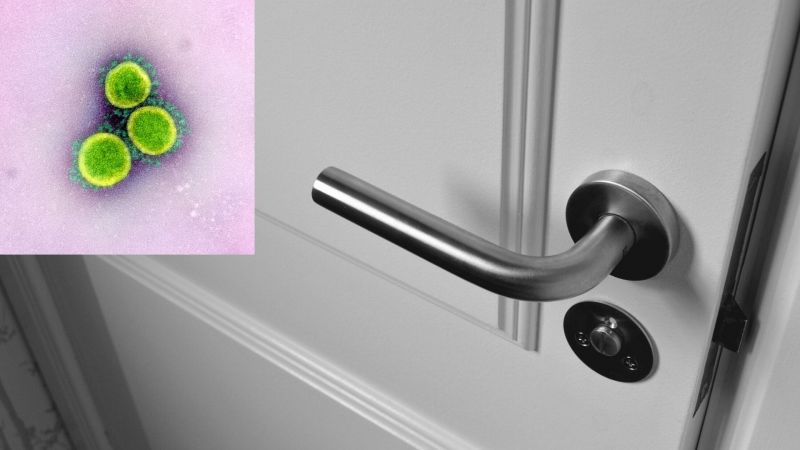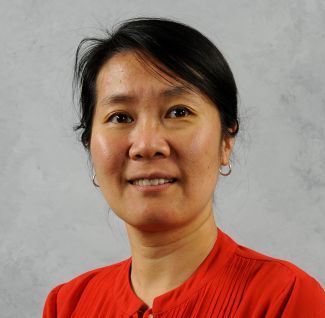Lehigh is one of four universities to receive funding through the Manufacturing PA Innovation Program COVID-19 Challenge supporting innovative research projects that could potentially impact Pennsylvania's pandemic response.
In a June 17 news release, Governor Tom Wolf announced seven projects that will receive funding of approximately $25,000 each. “We are fortunate to have some of the brightest minds in our higher education system,” Wolf said, “and they rose to the challenge in supporting our commonwealth during this unprecedented time.”
Lehigh’s project will address the transmission of SARS CoV viruses, including COVID-19, through contact with common surfaces, such as in healthcare settings and in public spaces. The team seeks to “chemically functionalize” these surfaces with a novel polymer coating that will incapacitate the virus and prevent further transmission. The coating, which will disable the outermost “lipid or fatty envelope” of the virus, will have long-lasting effects compared with typical disinfectants and cleaning products that primarily destroy the existing virus but become ineffective after a short time.

The proposal was generated through Lehigh’s Institute for Functional Materials and Devices (I-FMD), a hub for interdisciplinary research. The research team brings together expertise in virology, materials surface engineering, disinfection in health care, and virus detection. Industry partner Solvay USA, Inc. (Bristol, PA) will help develop and translate the technology to the market and manufacture new polymers.
“Developing this virucidal technology to disrupt the indirect transmission of novel coronavirus becomes increasingly more important as our communities move toward resuming normal activities and movements in public,” says Himanshu Jain, who serves as director of I-FMD. “A functional material will be much more effective than having to rely on frequent cleanings with standard disinfectants in high-traffic areas, such as entrances to restaurants, restrooms, etc.”
Leading the project, entitled “A Novel Technology for Disrupting the Spread of Coronavirus,” are P.C. Rossin College of Engineering and Applied Science faculty members Frank Zhang, an associate professor of bioengineering and mechanical engineering and mechanics; Xuanhong Cheng, a professor of materials science and engineering and bioengineering; and Jain, the Diamond Distinguished Chair and Professor of Materials Science and Engineering. Other members of the team include K.P. Ananth, a professor in the University of Cincinnati’s James L. Winkle College of Pharmacy; Lehigh bioengineering professors Anand Jagota and Yaling Liu; and industry partner Solvay USA, a major manufacturer of coating polymers.
Through the COVID-19 Challenge program, the Department of Community and Economic Development (DCED) engaged Pennsylvania colleges and universities in the rapid development and deployment of new technologies, products, and processes with the potential to positively impact the commonwealth’s response to the COVID-19 pandemic.
About the Institute for Functional Materials and Devices (I-FMD)
Lehigh University’s Institute for Functional Materials & Devices (I-FMD) pursues innovative new materials and devices that underpin many of society’s greatest challenges, from detecting and treating disease, to implementing large-scale renewable energy sources, to securing food and fresh water for all. I-FMD brings together Lehigh’s interdisciplinary expertise in the synthesis, fabrication, processing, and materials characterization as applied to sensors, actuators, and other devices that have critical functionality across mechanical, electronic, photonic, and chemical domains.





